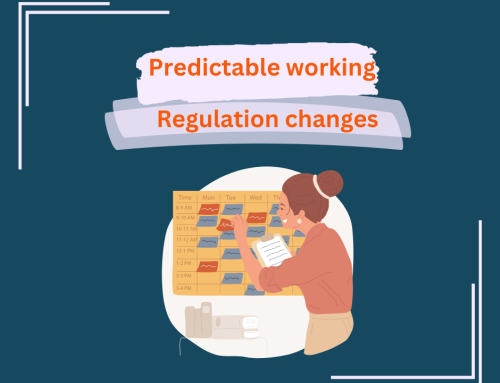Guest blog: Tracey Hutchinson is a people development specialist at People Excellence Performance with many years of working across organisations to bring the best that people have to their performance. Corporate level experience combines with a talent to create an environment where your staff want to help you to develop your business to deliver better performance. Tracey studied Business Psychology to MSc and holds an International Diploma in Risk Management.
This is the first in a series of three which considers how you can successfully manage the people side of risk in your business.
Risk Management is part of core leadership of successful organisations. Many businesses will have a natural focus on risk in areas such as finance, the environment, regulatory compliance, technical etc. These are very often the areas that are easy to measure, but quite often fail to recognise an area that can make or break performance.
Many organisations wouldn’t exist if it weren’t for the people, however big or small the operation. When the staff are well, and productive, the business does well; when their motivation or wellbeing is lacking, there is more challenge. So, do you include your people in your consideration of risk?
In a CIPD (Chartered Institute of Personnel and Development) survey on health and wellbeing in the workplace in May 2018, there were some very stark results;
- 37% organisations said that stress related absence has increased
- 55% said that the incidence of common mental ill health conditions has increased
- 51% are increasing awareness of mental health issues across their organisation
It makes sense that an increase in mental ill health will have a detrimental impact on business performance. At its worst, failure to promote good mental health can result in, not just harm to an individual, but a destroyed reputation, lengthy court cases or indeed business failure.
One of the ways to promote good mental health is to focus on the development of the psychological capital of your staff (including yourself). Human capital may be a familiar term and psychological capital takes this further and taps into human excellence. It’s linked to positive outcomes at both an individual, team and organisation level and takes your people beyond being assets to who they are and who they are becoming.
The development of psychological capital falls into the area of positive psychology. Traditional psychology focuses on the disease model – what’s wrong and how can we fix it? Positive psychology is the study of the good life; what makes life worth living. It is the scientific study of optimal human functioning that aims to discover and promote the factors that allow individuals, teams and businesses to thrive. It supports human flourishing, the building of a thrive mode (instead of survive) with a focus on strengths – it helps us notice what’s right and can be built on rather than what’s wrong. It complements and extends everything that psychology offers and a way of thinking that believes that the good life can be taught and doesn’t just happen to the fortunate ones. Like traditional psychology, it’s a science and can be measured.
Sometimes, positive psychology can be accused of being a bit ‘Pollyanna’. This is a reference to an early 20th Century novel by Eleanor H. Porter. For those not familiar, Pollyanna invented the ‘glad game’ where she found something positive in every day life experiences. There is scientific study that indicates that this can have a positive impact on life, however many use it as a derogatory term for someone who refuses to acknowledge problems or deal with issues that might arise. Clearly not appropriate in a risk management context!
With a focus on psychological capital, you can begin to offer your staff a way of developing in the following four areas (HERO);
- This is characterised by being able to set stretching, yet achievable targets for performance. Someone who works with hope feels they are in control of their own destiny. This can apply equally to a team, or indeed a business. They will work undistracted with a focus and an ability to set their own realistic goals. Many academic studies have established a relationship between high levels of hope within an organisation, its staff and managers and their profitability.
- Self-efficacy. This is categorised as an individual’s confidence in their own ability to succeed. Someone demonstrating self-efficacy will set stretching goals, are highly self-motivated and will invest the necessary energy to complete their goals, thriving on the challenge and persevering in the event of set-backs.
- A common definition of resilience is the ability to ‘bounce back’ from adversity. Within psychological capital, this definition is extended to include an individual’s ability to learn from the adversity and apply this to their actions in the future, thereby learning and ‘bouncing forward’. Bouncing back may help to survive the change by passively coping; bouncing forward is proactive way of growing through hardship.
- With the psychological strength of optimism, positive outcomes are attributed to something over which we have control. In this context, optimists will take credit for the positive things that happen in their lives. Optimists will fare better in times of change, embracing the new and capitalising on the opportunities presented.
The next in this series will bring the focus a little narrower into the connection between positive psychology and your business performance, including the development of positive organisational behaviour. The final part will look at how you can begin to develop your own HEROs to help your performance soar.
Connect with Tracey via LinkedIn, her website or email tracey@peopleexcellenceperformance.co.uk.
Talbot Jones Ltd is a community-focused commercial insurance brokerage based in Gateshead but working nationally. Get in touch if you’d value a free insurance review, advice or quotation.





